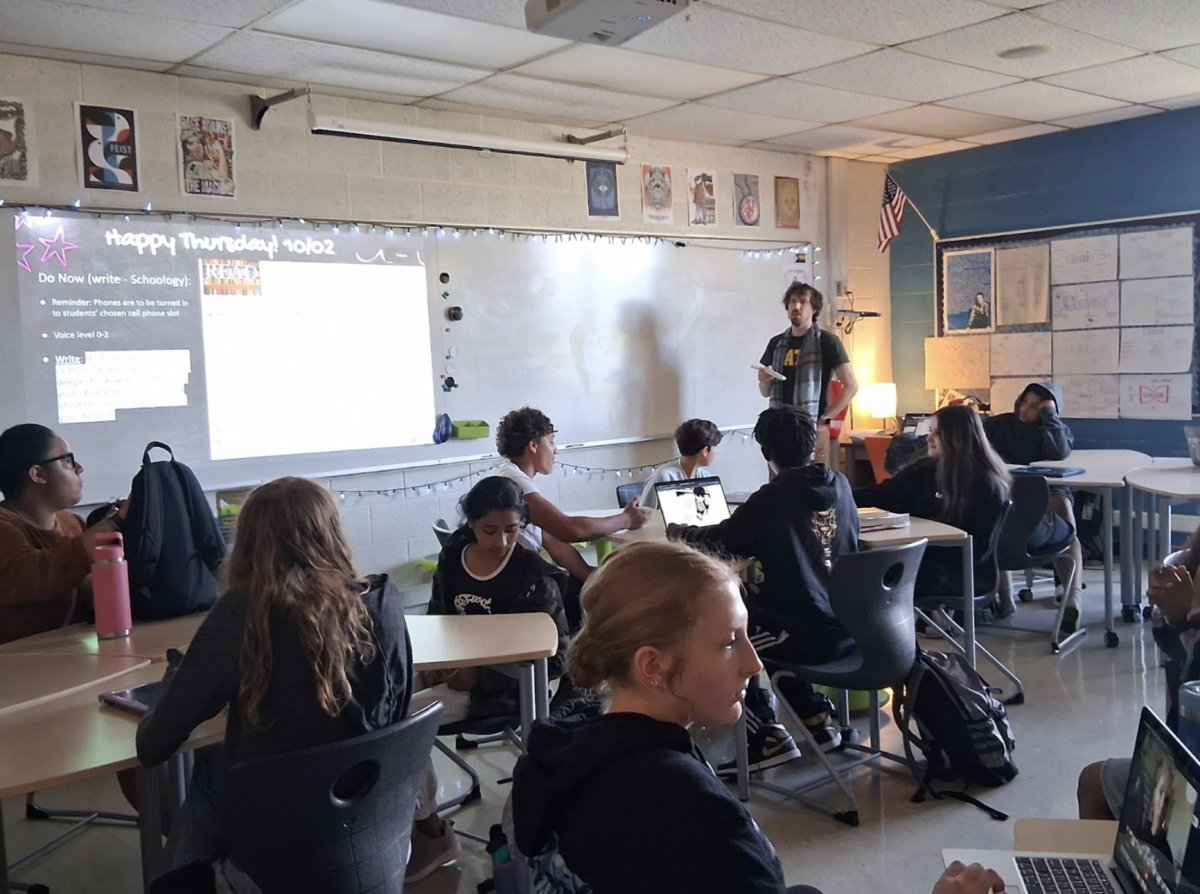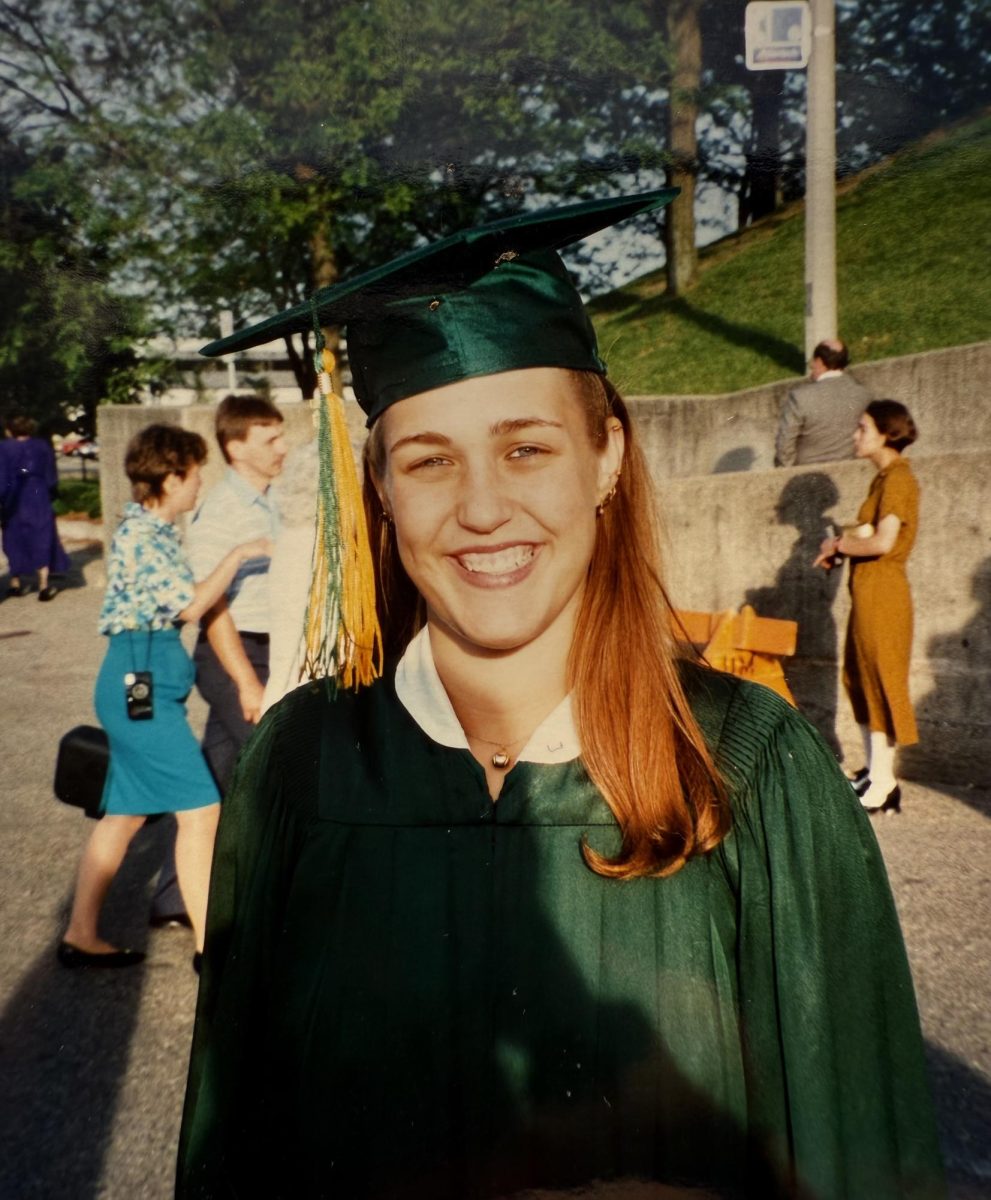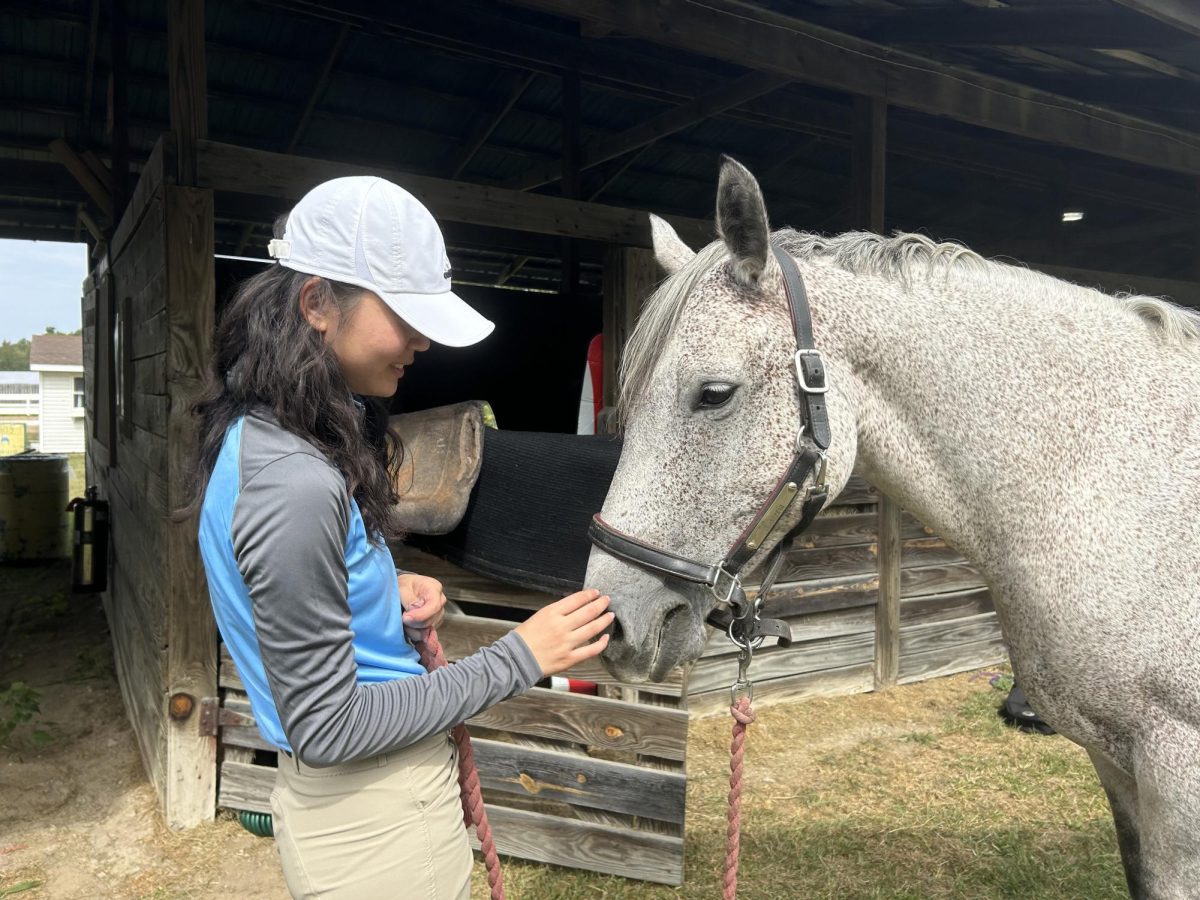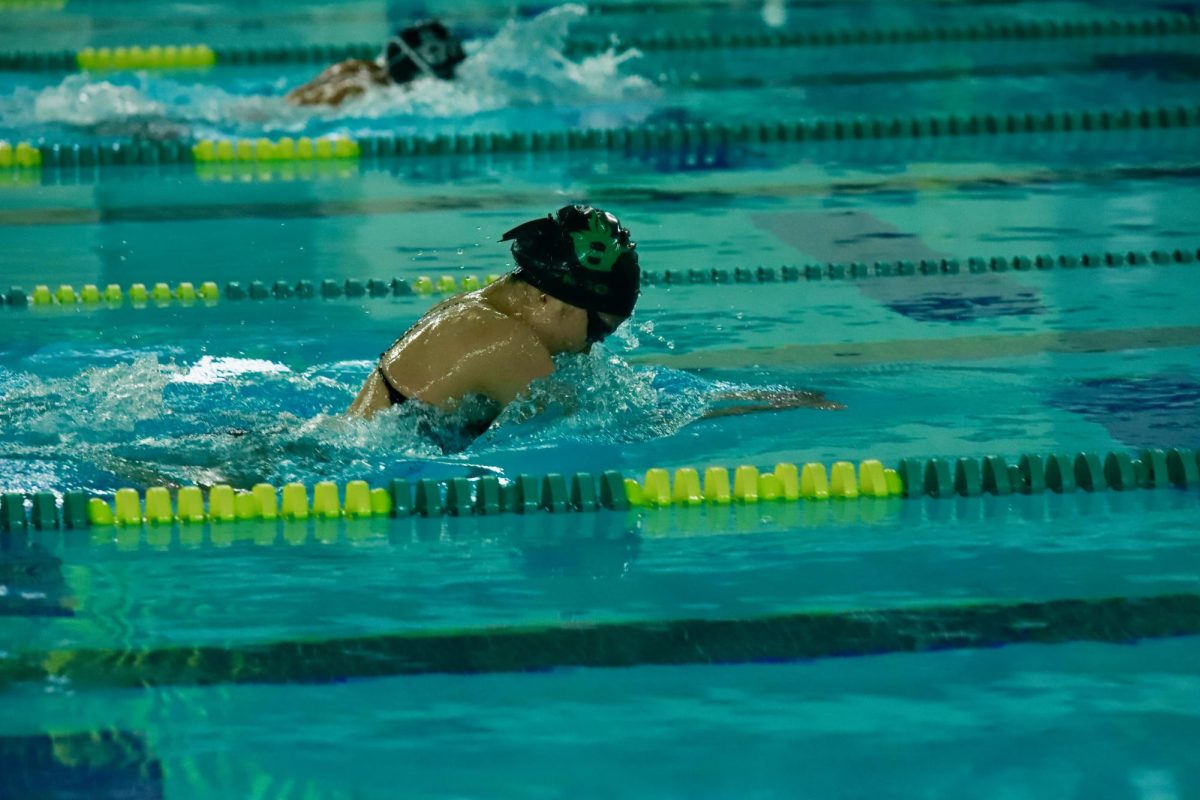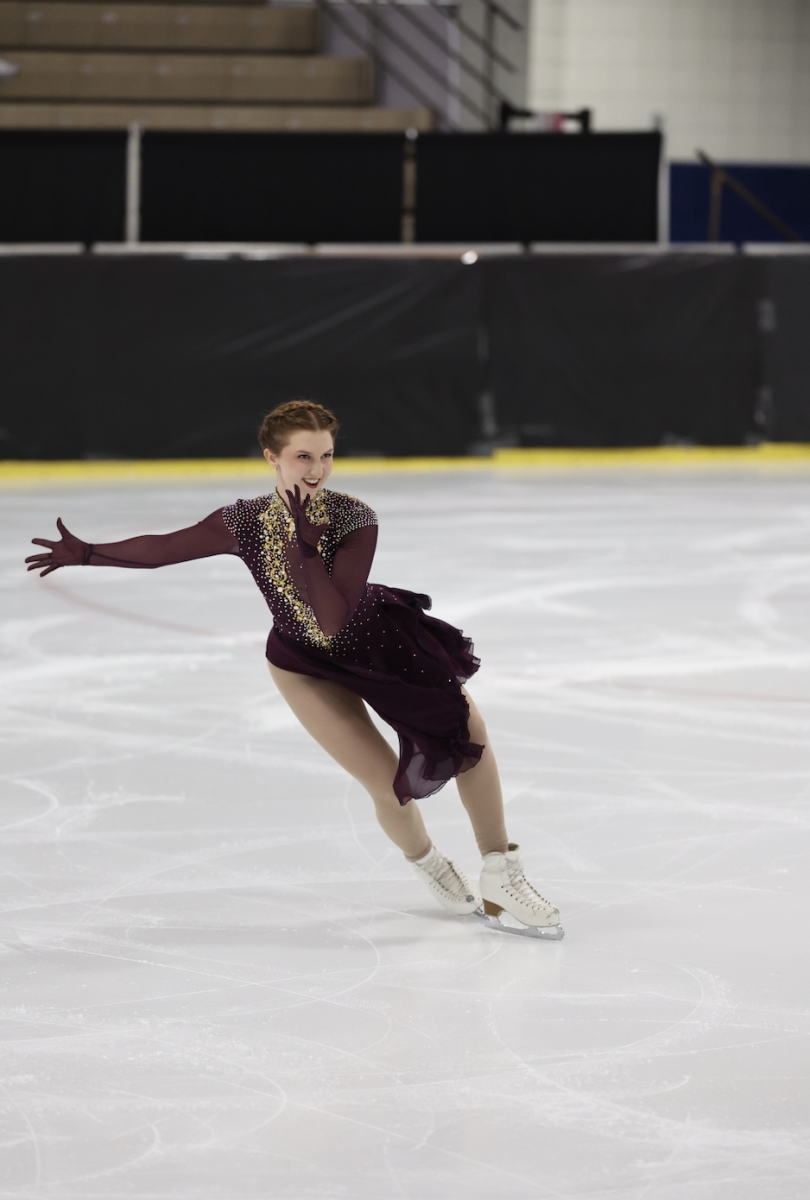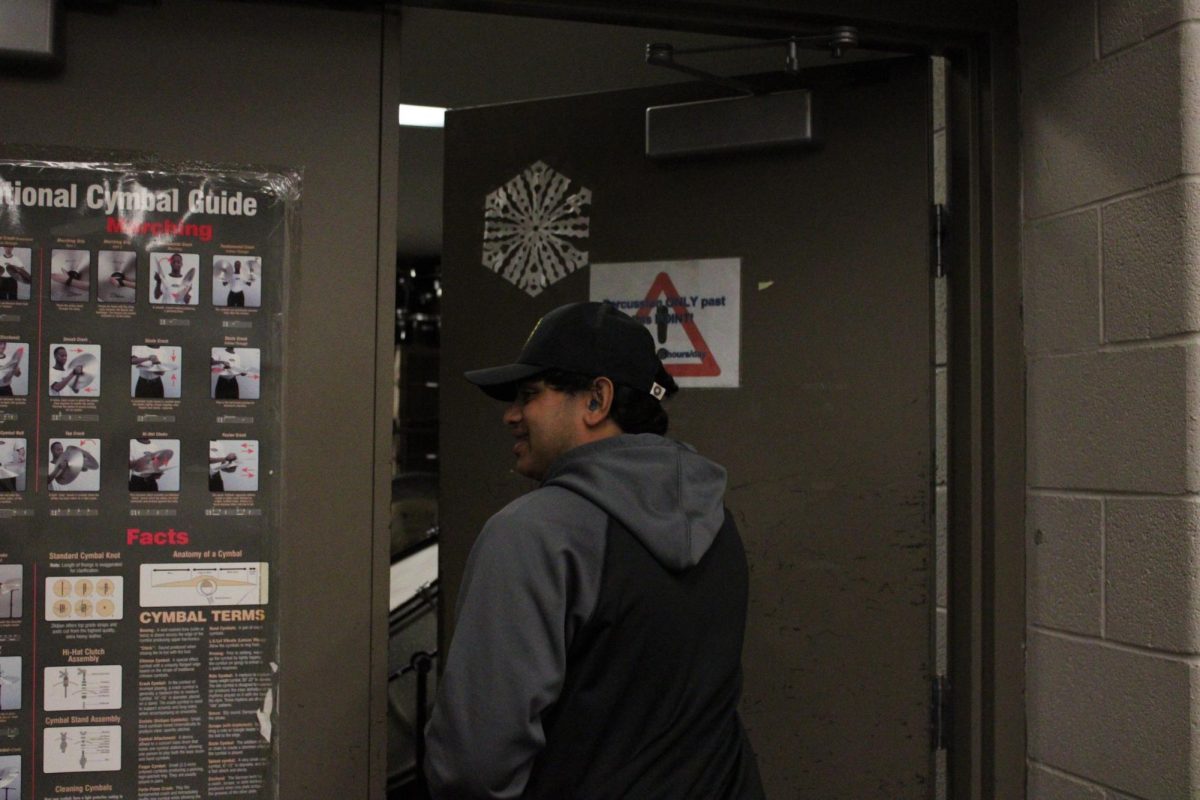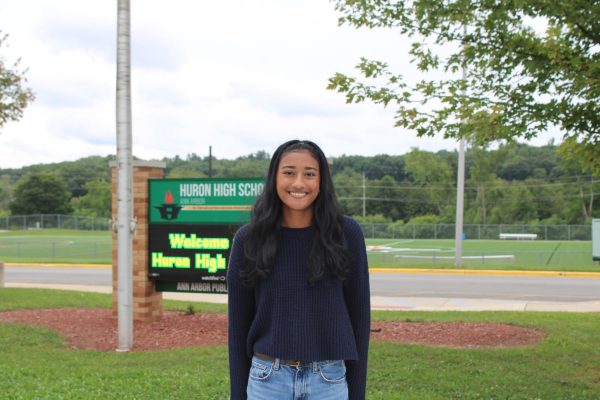For most teachers, professional development entails a boring day of training, sitting in a classroom or attending a conference. But for Spanish teacher Kristi Shaffer, it’s all about the hands-on, cultural experience to deepens her skills as a teacher.
Shaffer, who’s been teaching Spanish for the past 23 years, traveled to Puerto Rico this past February to participate in a professional development program organized by the University of Michigan International Institute Center for Latin American and Caribbean studies and the University of Puerto Rico. The program has been going on for about 10 years, growing significantly in the last year. 28 participants from Puerto Rico and 8 from mainland USA, they focused their training this year on climate justice and bringing that into curriculum.
This is Shaffer’s second year contributing. In both years, she has participated as a facilitator and a participant, going on site visits and partnering with Puerto Rican educators.
“I got involved with the Latin and Caribbean studies area,” she said. “I’m leading professional development for the teachers from Puerto Rico. We also went on site visits, and researched alongside of them. I got to learn a lot when I was there, but I was also leading certain parts of it.”
Visiting Puerto Rican High Schools was on the agenda, as well. She and her team visited a STEAM (Science, Technology, Engineering, Art, and Math) focused school. It became a particularly memorable experience for her.
“The students on Valentine’s Day greeted us with flowers and candies that were made of things native to Puerto Rico,” Shaffer said. “We got to tour the school and see their community garden, and how it’s part of their school life; from food to learning how to grow things. They shared projects with us that were related to climate justice. It was inspirational. It was just interesting to see how they implement climate justice project in their curriculum.”
Seeing the teaching practices of the Puerto Rican educators inspired Shaffer’s teaching practices, like their tireless efforts to educate their island’s future generations. Puerto Rico had a much larger population in the past, but hurricanes Irma and Maria, and multiple earthquakes in the past decade caused massive amounts of damage to the environment.
“They have seen a huge exodus from the island recently,” she said. “To these teachers, it’s so important to them that their kids learn about this, that their students are agents of change. It really affects my practice; I’m seeing this issue affect real people that I know and that I care about, and a place I care about.”
The World Language programs in AAPS have been heavily impacted by district budget cuts in the past year. On the high school level, teachers are dealing with larger class sizes, meaning each student receives less one-on-one time. In our elementary schools, language learning was cut at all elementaries except for Bryant/Pattengill Elementary School and Mitchell Elementary School.
“What we will be seeing now is less background in the language before students come to us,” Shaffer said. “I think being in a world language class, you learn about culture and context. When you’re in those classes, it’s not just language. Like me, I teach Spanish, and I’m going to teach about climate justice. That’s something those students won’t be able to bring into my classes in the same way.”
Fortunately, teachers have these kinds of opportunities to strengthen their roles as educators. According to Shaffer, this program in particular strengthens the role of World Language education.
“It’s anytime that we can go out and be touched by the lives of people,” she said. “It just makes what we do so much more relevant. Today, I told my students about what I did and why was in Puerto Rico. When you see someone who teaches you taking the time to go out and learn new things and bring it back to the classroom, it’s important for my students to see. It’s not like learning just stops after high school.”
In her journey of professional development in Puerto Rico, her experience made for a powerful reminder that the need for environmental action is urgent. The real, human stories she learned called for an immediate call to action, beyond the classroom.
“I think the key thing is that we can’t just sit back and let it happen. We have to take action now, and when you can put faces to it, it’s so much more meaningful. This is part of the United States, and we know that some of the things that are said publicly about Puerto Rico by past and current administrations have been really disparaging. But to me, these are our people. We can’t ‘other’ them.”




